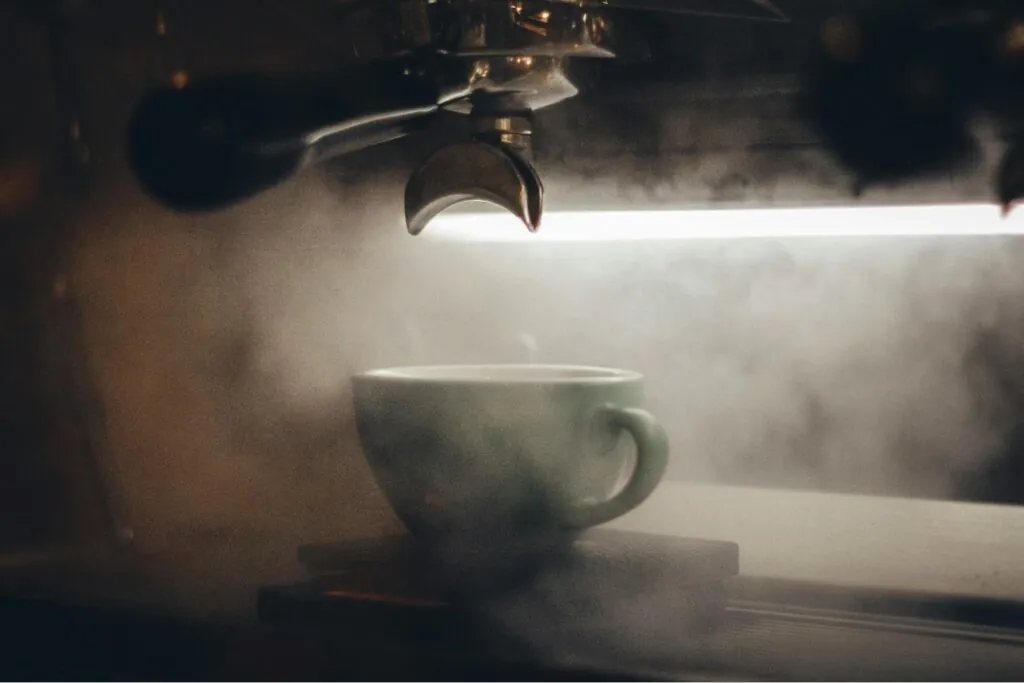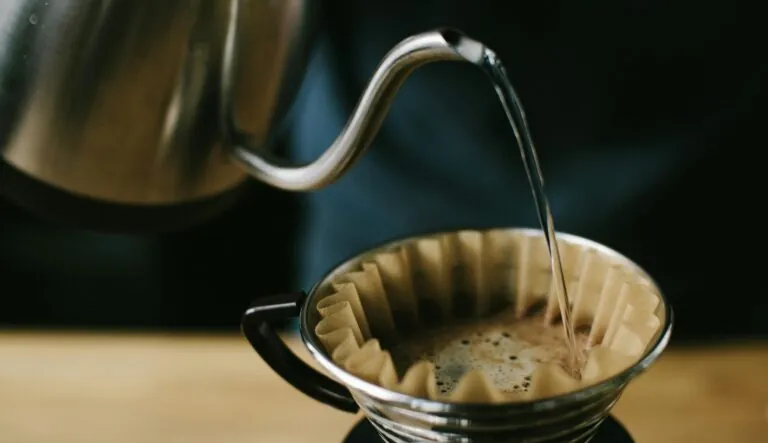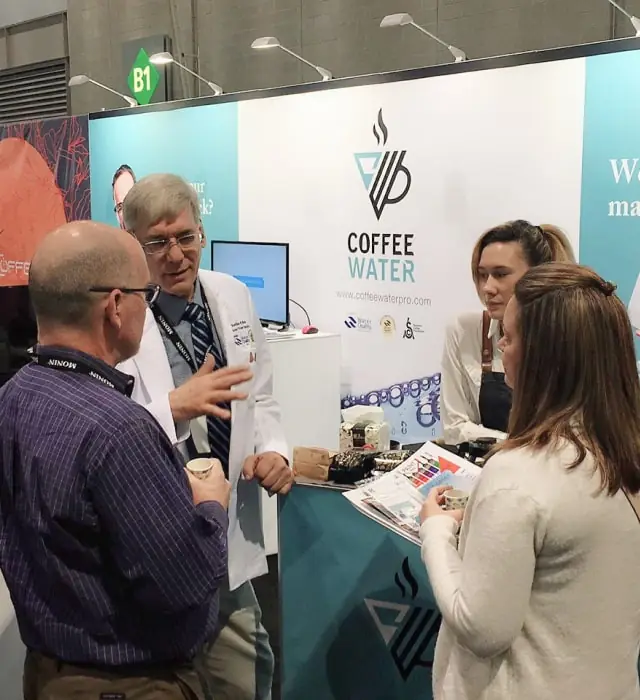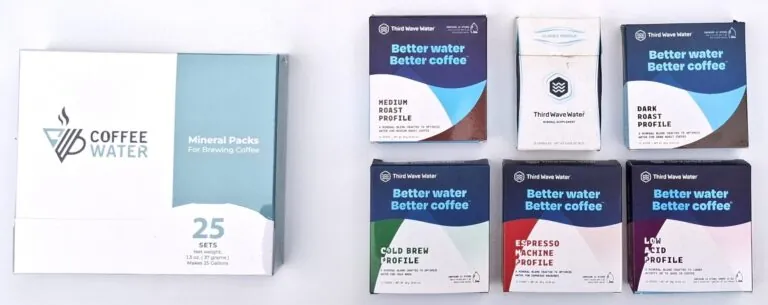Caring for Your Coffee Equipment

Scaling
Scaling, or the buildup of mineral deposits known as limescale, is primarily caused by high levels of calcium and magnesium in the water. These minerals can precipitate out and solidify when water is heated, forming a hard layer on the surfaces of your coffee machine’s interior. This not only affects heating efficiency but can also clog water flow and degrade the machine’s components, leading to longer brewing times and altered coffee taste.
Corrosion
Conversely, if the mineral and alkalinity levels in the water are too low, carbon dioxide from the air dissolves into the water, creating carbonic acid. This acidic water can corrode your coffee equipment, potentially causing damage. To avoid this, it’s crucial to ensure there is enough alkalinity in the water to buffer the acidity.

Scaling Prevents Corrosion – Finding the Balance
Having a small amount of scaling in coffee equipment can actually be beneficial. It forms a protective coating inside the tank, preventing the pH from dropping to levels that could cause corrosion from carbonic acid to eat up your equipment. Therefore, striking the right balance between hardness minerals and carbonate alkalinity is essential for coffee equipment maintenance. The hardness should be low enough to prevent the constant headache of having to descale but high enough to prevent corrosion.

Calcium v Magnesium
Magnesium is a preferable choice for water used in coffee equipment because it has a higher temperature-pressure and concentration-precipitation factor compared to calcium. This means that magnesium is less likely to precipitate out as easily as calcium at similar temperatures. If your water source has high calcium content, you can address it by using an RO (Reverse Osmosis) filter to remove excess calcium and adding the desired amount of magnesium for brewing.
For more information on how to properly maintain your coffee equipment, you can refer to the Coffee Technicians Guild at https://coffeetechniciansguild.org/.
For an in-depth article covering scaling, corrosion, and coffee machine care, “Jim Schulman’s Insanely Long Water FAQ” provides comprehensive insights on the topic. http://users.rcn.com/erics/Water%20Quality/Water%20FAQ.pdf
COFFEE WATER – Great Taste and Safe for Coffee Equipment
Fortunately, the formula that gives COFFEE WATER its great taste contains magnesium and calcium in concentrations low enough to minimize scaling, while the alkalinity level is sufficient to prevent corrosion.

All water will be somewhere on this spectrum. For coffee equipment, it is preferable to be on the slightly hard side, as it is much easier and cheaper to descale a machine than it is to replace the whole machine once it has been destroyed by corrosion.
Note: Other factors, apart from mineral and carbonate content, can influence the corrosiveness or scaling tendency of water. We have not included them in this chart because, by adding COFFEE WATER minerals to pure water, you can eliminate these other factors and accurately adjust the mineral content to be both safe for coffee machines and balanced for the best enhanced flavor of coffee.
Benefits of Reverse Osmosis (RO)

We highly recommend the use of a Reverse Osmosis (RO) filter as the most cost-effective method to obtain pure and great-tasting water, which is essential for brewing the best coffee. When you add COFFEE WATER minerals to RO water, you can be confident that your water will not damage your coffee equipment.
Another viable option is using distilled water, which will yield similar results in terms of purity and taste. The only reason we haven’t suggested it as a home solution is due to the cost of having to purchase distilled water, or the considerable energy costs associated with home distillation systems, making them less practical.
De-ionization is another method for removing ions from water, but it is a more complex and technically involved process. It is not typically used for household purposes, especially with water that has a high mineral content, as the expense of replacing filters or de-ionizing resin can be significant. However, de-ionization can produce extremely pure water when used in conjunction with an RO filter.
Regardless of whether you choose RO, distilled, or de-ionized water, when you add COFFEE WATER minerals to it, you will achieve nearly identical results when brewing coffee.





